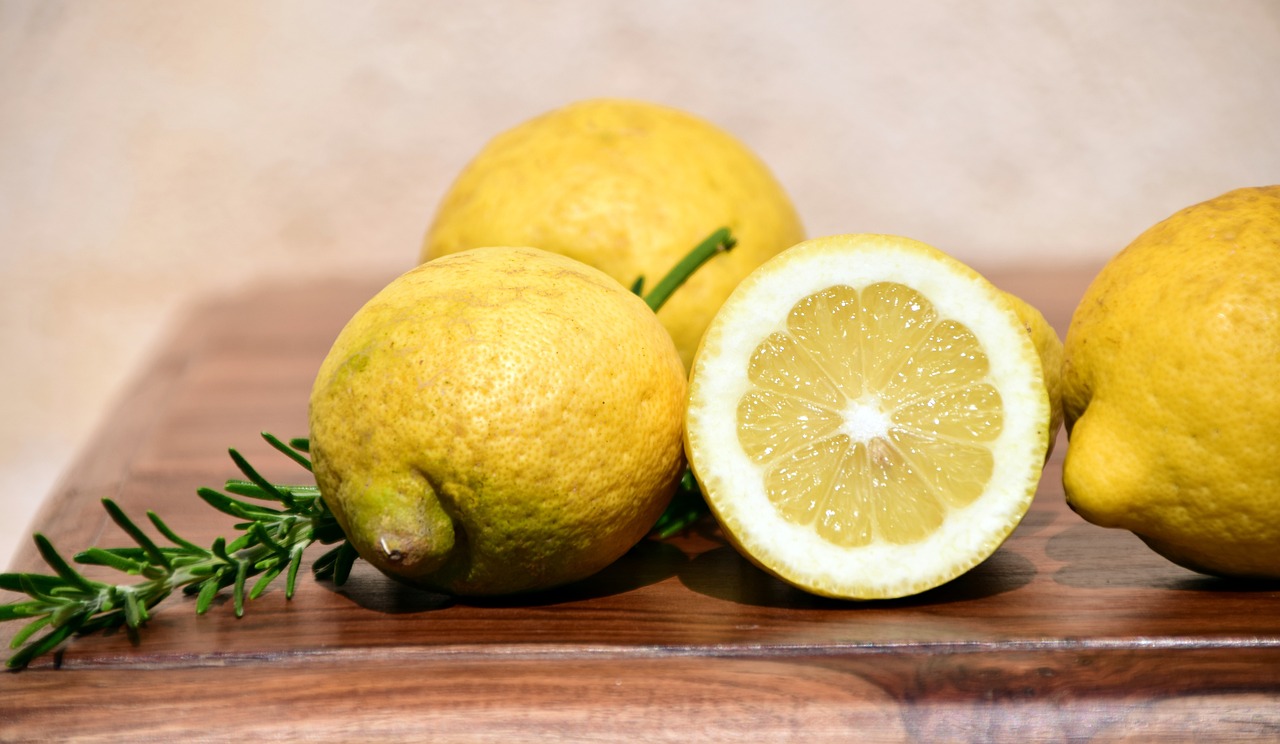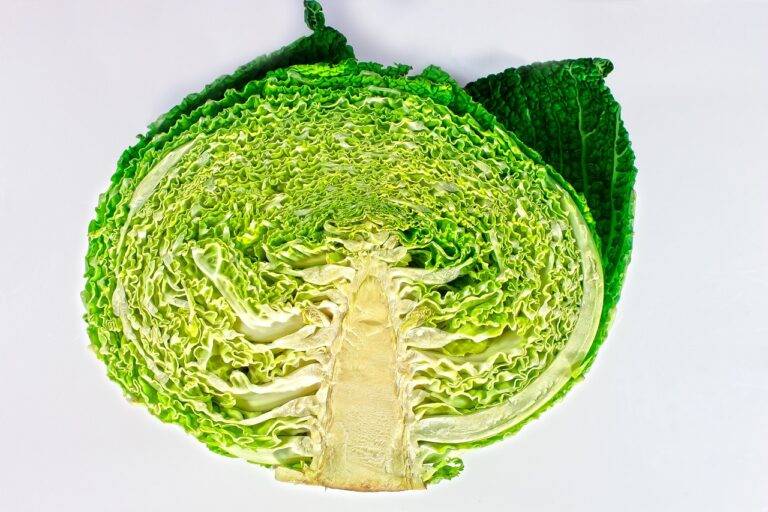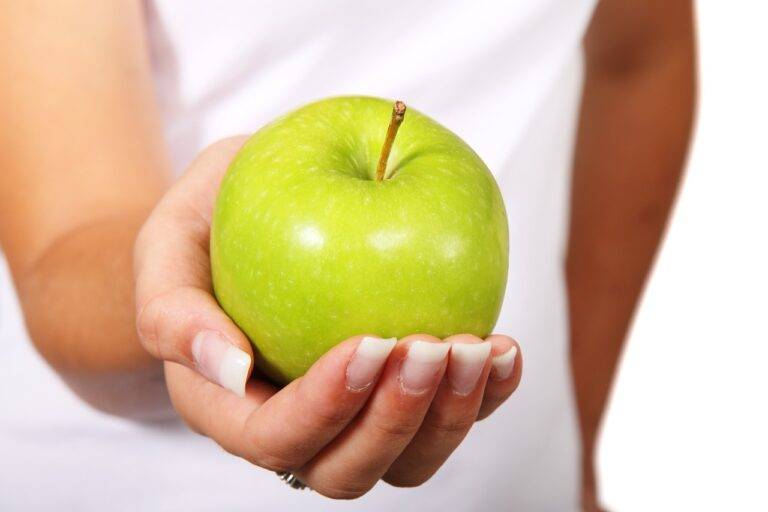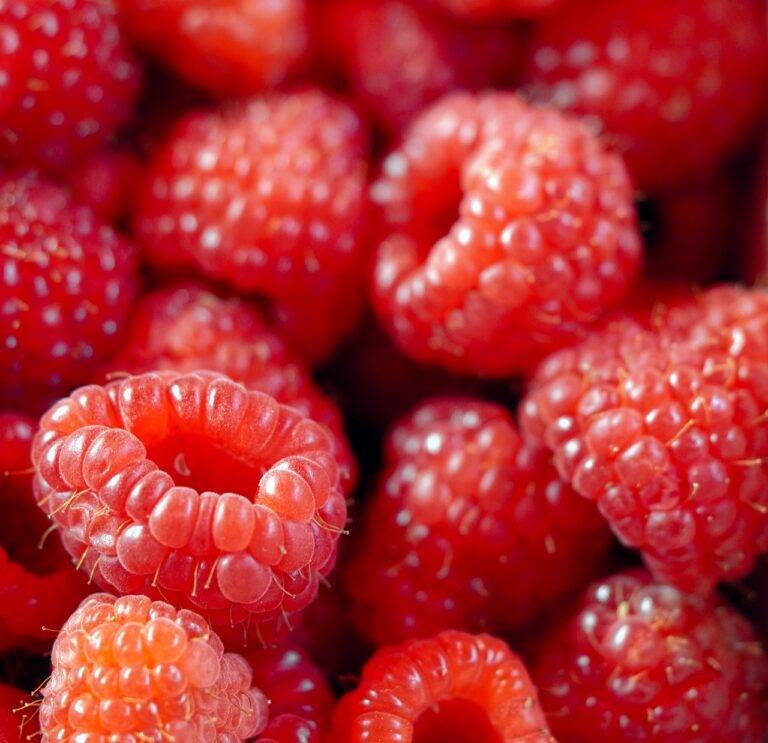Gluten-Free Living: Myth or Must?
Gluten is a protein found in wheat, barley, and rye. It gives dough its elasticity and helps bread rise. For some individuals, consuming gluten can trigger adverse reactions in their bodies. As a result, many opt for a gluten-free diet to manage health conditions such as celiac disease or gluten sensitivity.
Gluten-free diets exclude foods containing gluten, such as bread, pasta, and baked goods. Instead, individuals following this diet turn to alternatives like rice, quinoa, and corn. It’s essential for those considering going gluten-free to carefully read labels and be aware of hidden sources of gluten in processed foods to truly adhere to the diet.
Benefits of Going Gluten-Free
Individuals who choose to follow a gluten-free diet often report experiencing a reduction in digestive issues such as bloating, gas, and stomach discomfort. For those with celiac disease or a gluten sensitivity, eliminating gluten from their diet can significantly alleviate symptoms and improve overall digestive health.
Moreover, adopting a gluten-free diet has been linked to increased energy levels and improved mental clarity for some individuals. By eliminating gluten-containing foods that may cause inflammation in the body, some people find that they are better able to focus and maintain higher levels of energy throughout the day.
What is gluten?
Gluten is a type of protein found in wheat, barley, and rye.
What does it mean to go gluten-free?
Going gluten-free means eliminating all sources of gluten from your diet.
What are some benefits of going gluten-free?
Some benefits of going gluten-free include improved digestion, increased energy levels, and relief from symptoms of gluten intolerance or celiac disease.
Are there any potential drawbacks to going gluten-free?
Some potential drawbacks of going gluten-free include the risk of nutrient deficiencies if not done properly and the higher cost of gluten-free products.
How can I determine if I need to go gluten-free?
If you are experiencing symptoms such as bloating, diarrhea, fatigue, or headaches after consuming gluten, it may be worth trying a gluten-free diet to see if your symptoms improve.
Can I still enjoy a balanced diet while going gluten-free?
Yes, it is possible to enjoy a balanced diet while going gluten-free by incorporating a variety of fruits, vegetables, lean proteins, and gluten-free grains into your meals.
Are there gluten-free alternatives for common foods?
Yes, there are many gluten-free alternatives available for common foods such as bread, pasta, and snacks. It may take some experimentation to find ones that you enjoy.





